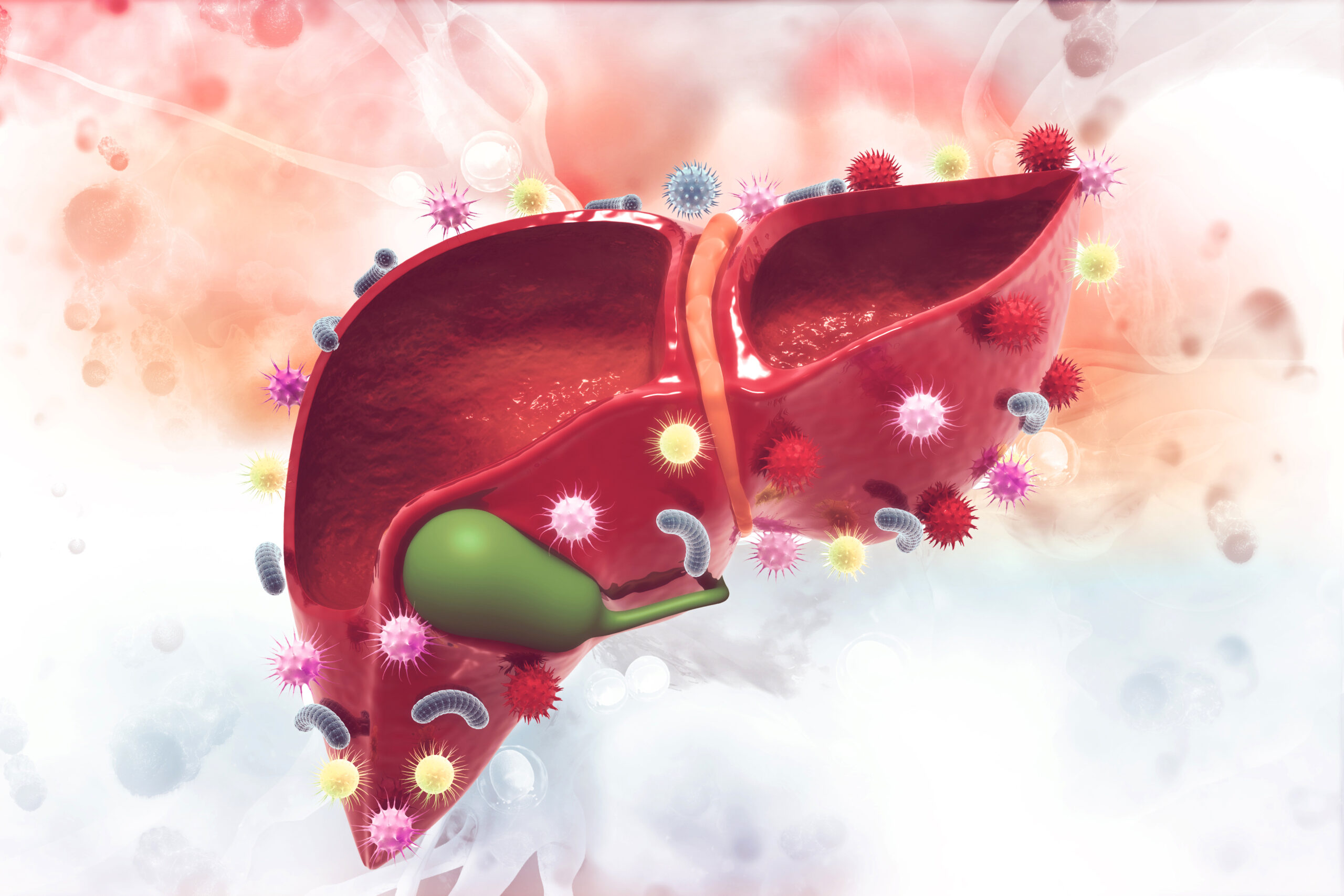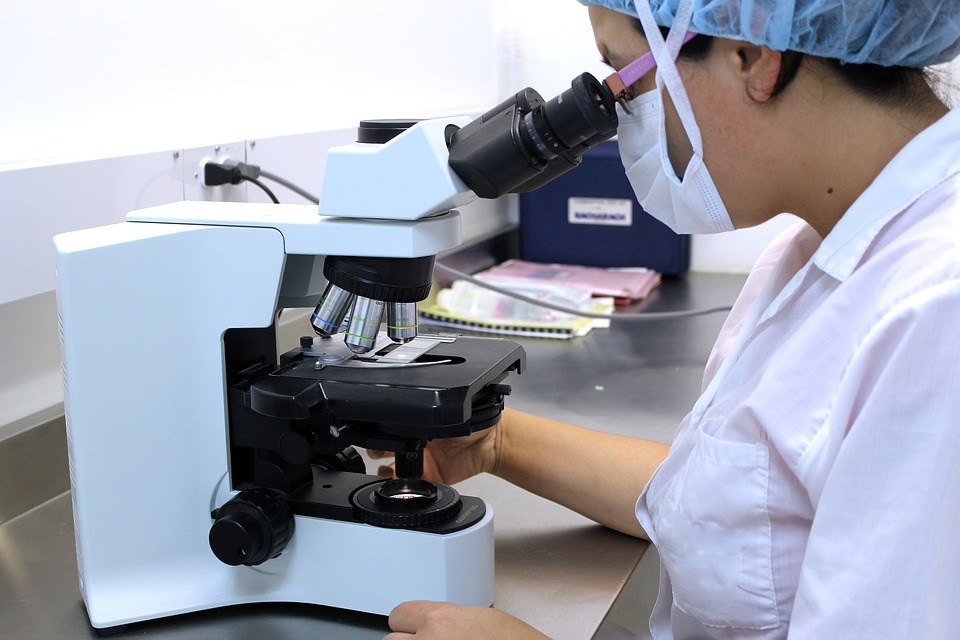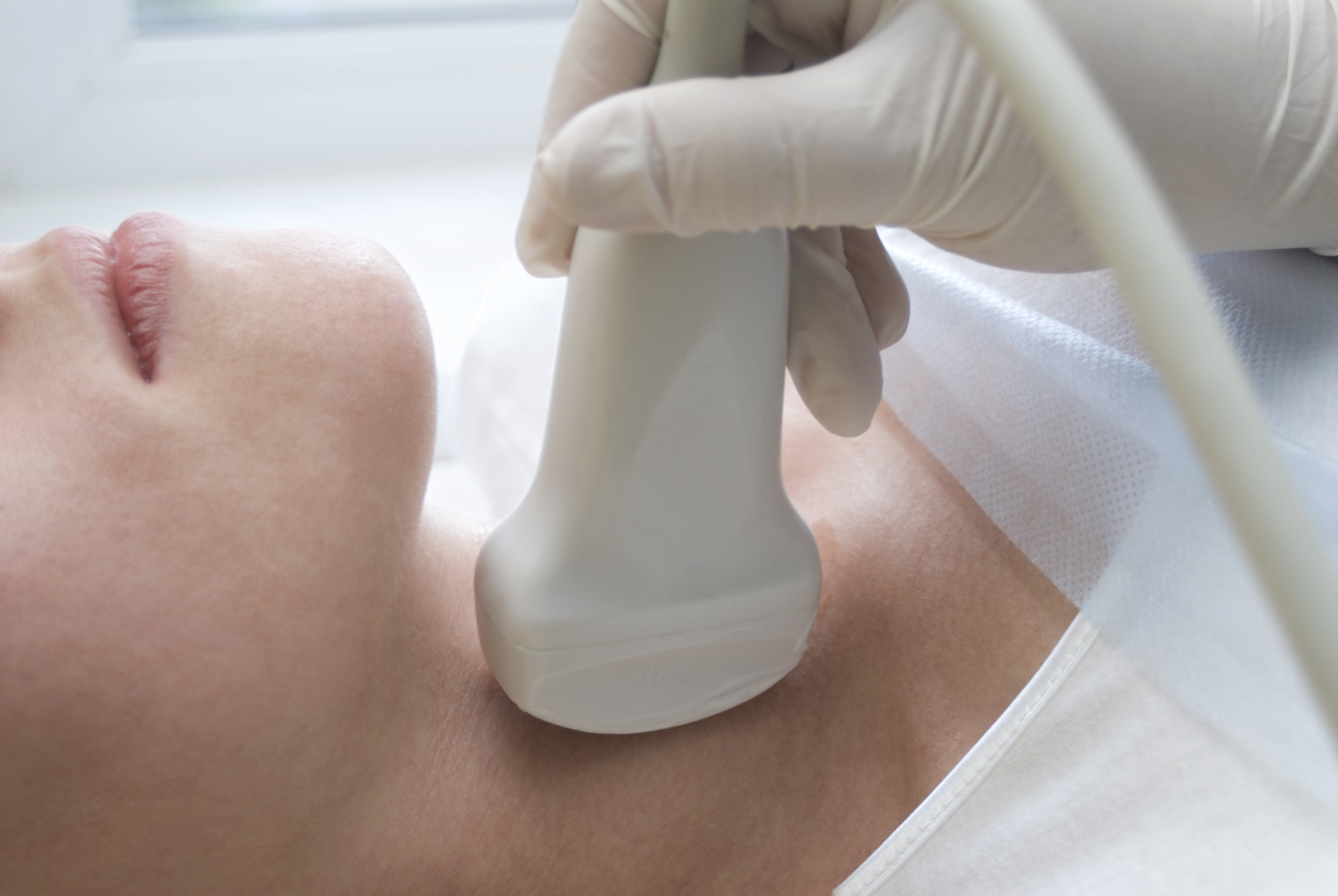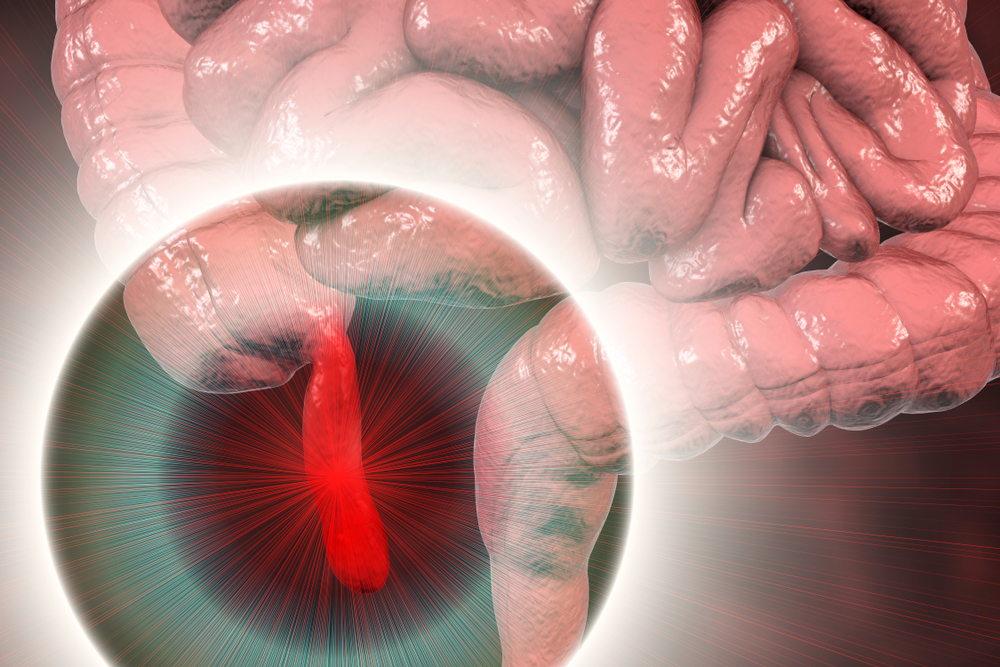Thyroid changes can also be present during pregnancy, either when the symptoms are those of a slowed and underactive thyroid or those of an overactive thyroid.
It is necessary to observe these symptoms during pregnancy and report them to your doctor in time, especially because usually some of them such as fatigue and weight gain are also present during a normal pregnancy, so they might be taken as normal and not alert the person who is affected.
Sometimes thyroiditis may occur not during pregnancy but after delivery(postpartum thyroiditis), even many months later.
Some women develop problems in the beginning with mild symptoms of a more active thyroid, which can linger for several months.
Typically, most women during the pregnancy period experience symptoms of a slower thyroid gland, requiring the initiation of treatment so that the function of the gland can return to normal once the pregnancy period has passed.
Factors that can lead to hyperthyroidism in pregnancy can certainly include Basedow-Graves disease , which has low rates among pregnant women.
For hypothyroidism, the most recurrent factor is autoimmune disease or Hashimoto’s thyroiditis.
Thyroid hormone levels during pregnancy should be constantly monitored, at least every two months, so that the treating physician can use the right dose of the drug (levothyroxine) that is used in this condition.
There is a need to prevent the possible damage that Hashimoto’s disease could cause to pregnancy. When the disease is not properly treated, it can lead to serious damage in the pregnancy period, such as:
- For the mother :Anemia, Miscarriage, Placental abruption, Bleeding after delivery.
- For the baby: Insufficient birth weight, premature birth, thyroid problems, possible malformations or even possibility of stillborn baby.
It is always advisable for women who are approaching the idea of having children to check their general health status by doing all laboratory tests, and among them all thyroid function tests to avoid future risks.







































































































